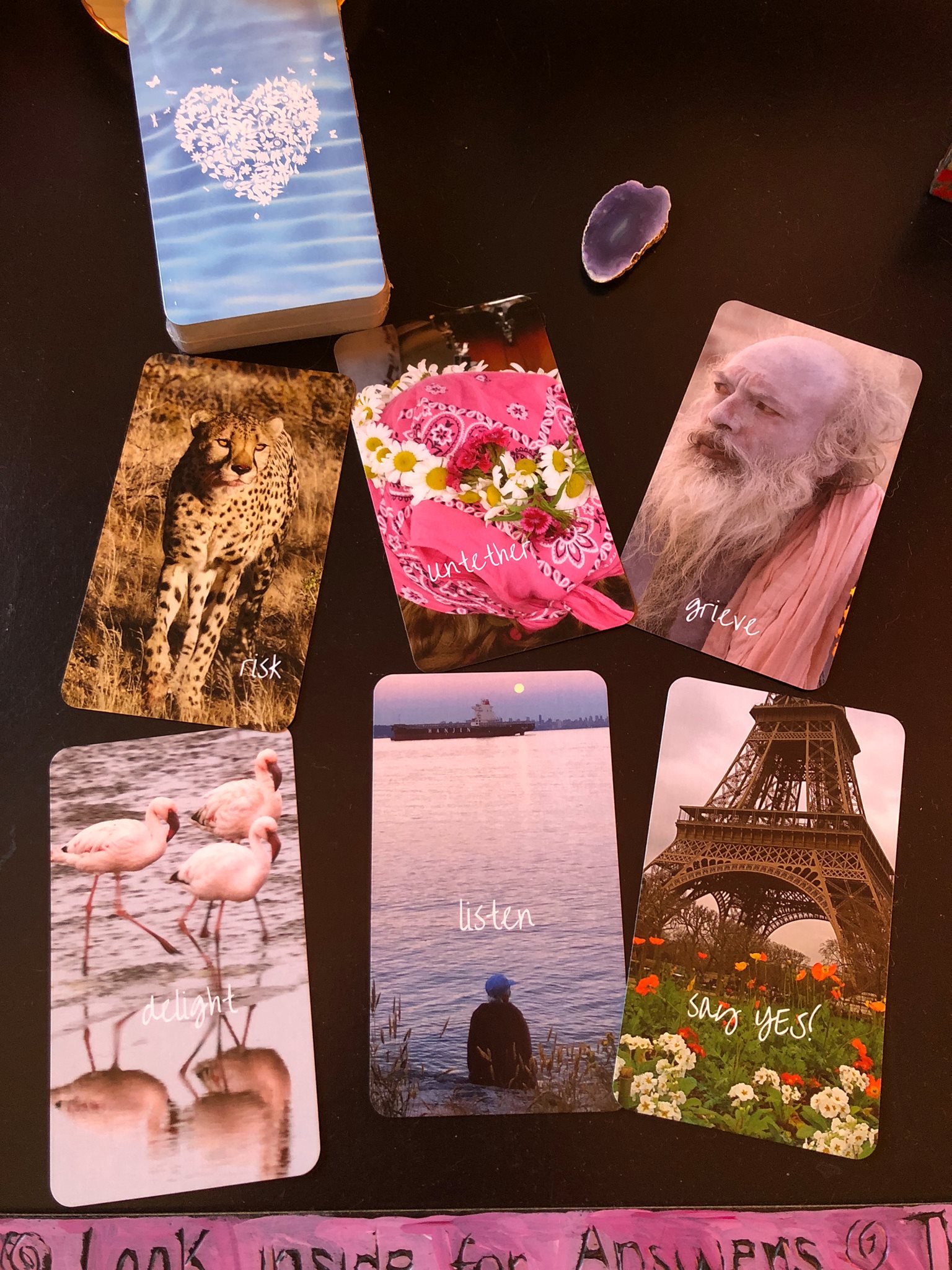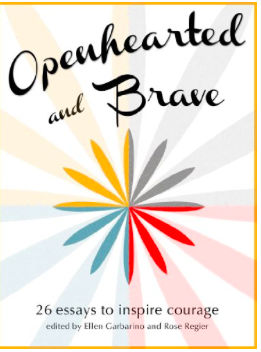 When TLC Book Tours contacted me about writing a review of Stephen Prothero's new book, God is Not One, I found myself connecting to the topic through my personal lens. Surrounded by fundamental Christianity throughout childhood and early adulthood, I was taught and believed, there was only One "True" God. It was easier to don the mantle of others rather than break out of the structured mold and delve into the stirring questions with my own curiosity.
When TLC Book Tours contacted me about writing a review of Stephen Prothero's new book, God is Not One, I found myself connecting to the topic through my personal lens. Surrounded by fundamental Christianity throughout childhood and early adulthood, I was taught and believed, there was only One "True" God. It was easier to don the mantle of others rather than break out of the structured mold and delve into the stirring questions with my own curiosity.
It was not until my middle years that I began to question who God is to me. As I have explored outside the boundaries of Christianity and learned about other faiths, I have found a broader and more encompassing God than the one of my upbringing. There has been ensuing peace and a sense of personal freedom as I have made connection with those I previously considered "different" (religious or otherwise). So, when asked to read and offer a review of God is Not One, I found myself grating at the division which I thought the book implied. I was not prepared for the delightful surprise that followed.
The book's subtitle - "the eight rival religions that run the world -- and why their differences matter" - found me focusing on the "rival" and "difference" aspect as I braced myself for another dialogue stirring the world toward division instead of unity. While most books on religion or "anti-religion" (think Christopher Hitchens, Sam Harris, Richard Dawkins) push an agenda of their belief, Prothero is a breath of fresh air who leaves lots of space to welcome your own conclusion.
Divided into nine succinct chapters, Prothero leads the reader through a journey of knowledge and enlightenment about eight significant religions and "a brief coda on atheism." Throughout the pages, he lets us wrestle with the question of how we even define religion (e.g. "Like Buddhism, Confucianism can't seem to make up its mind about the religion thing. So it calls into question what we mean by religion and in the process helps us to see it in a new light.") He also isn't afraid to pepper a few of his own thoughts and beliefs throughout the pages in a nonjudgmental way. (e.g. "Although I do not believe that this life is a mere dress rehearsal for the next..., I (Prothero) was moved by passages about the "homecoming" Muslims believe they have waiting in God.")
 The author's voice includes both wisdom and humor, and I found myself savoring each chapter as a beautiful course leading toward a full meal. Granted, there were times I got bogged down, particularly when trying to decipher religions that are confusing even to their followers (think... multiple Hindu gods and layers of philosophy). Nevertheless, this tasty treat kept me turning the pages and finding myself moving toward a fuller understanding of the world we inhabit.
The author's voice includes both wisdom and humor, and I found myself savoring each chapter as a beautiful course leading toward a full meal. Granted, there were times I got bogged down, particularly when trying to decipher religions that are confusing even to their followers (think... multiple Hindu gods and layers of philosophy). Nevertheless, this tasty treat kept me turning the pages and finding myself moving toward a fuller understanding of the world we inhabit.
Rather than finding discord, I continued to discover tidbits that resonate with my own faith and wishing I could do as Prothero asks of one of his Boston University classes and create my own religion. By leaning into the similarities, rather than pushing away from the differences, my world broadened as I opened the door to greater understanding of significant cultures around the world. (For example, I had never heard of Yoruba which may account for as many as 100 million people. Nor had I ever considered the rich tradition of Confucianism as anything other than the source of 'Confucius says' humor).
God is Not One is by no means an exhaustive volume on these religions, however, it is a well-thought out and documented resource which I will return to again and again. For anyone wanting to broaden their understanding of world religions without spending years doing research, this book is a rare find. It balances nicely between factual information and easy-to-read status. Personally, I found it fascinating and will highly recommend it to anyone who is interested in issues of personal faith, world alliance or inter-faith dialogue.
While I recognize the importance of understanding differences, one mantra kept running through my head as I read each chapter - We are all searching for one thing, and that one thing is encapsulated in the word Freedom.
 Much of my personal doctrine comes from the belief that we either operate out of our capacity to love or to fear. By refusing to engage with what we fear, (in this case, other religions) our capacity for relationship is hindered at best, and most likely becomes destructive (as witnessed daily in the world). Human beings can remain in personal or global bondage by refusing to step outside boundaries of knowledge, or we can choose to seek freedom by understanding ourselves and our world more wholly. Whether you are a seeker looking for contextual understanding of your own personal faith, or longing for peace in the larger world, God is Not One is a must-read.
Much of my personal doctrine comes from the belief that we either operate out of our capacity to love or to fear. By refusing to engage with what we fear, (in this case, other religions) our capacity for relationship is hindered at best, and most likely becomes destructive (as witnessed daily in the world). Human beings can remain in personal or global bondage by refusing to step outside boundaries of knowledge, or we can choose to seek freedom by understanding ourselves and our world more wholly. Whether you are a seeker looking for contextual understanding of your own personal faith, or longing for peace in the larger world, God is Not One is a must-read.
In conclusion, Prothero offers, "Whether religion divides or unites depends on whether we can learn to talk about it with some measure of empathetic understanding." God is Not One is an excellent conversation starter. I invite you to join in the dialogue today!
Stephen Prothero is the New York Times bestselling author of Religious Literacy and a professor of religion at Boston University. Visit him online at www.stephenprothero.com.
 Thursday, September 29, 2016 at 1:02 AM
Thursday, September 29, 2016 at 1:02 AM 







